Kazakhstan – Azerbaijan: Symbolic parallels From regional influence to global agency
Kazakhstan and Azerbaijan share deep connections across multiple dimensions. These ties are rooted in common historical and cultural heritage, spiritual kinship, and a shared worldview, as well as the growing geopolitical importance of both countries.
In May 2025, these relations gained new resonance—thanks in part to the remarks delivered by President of Kazakhstan Kassym-Jomart Tokayev at the Astana International Forum, in an interview with Al Jazeera, at the informal OTS summit in Budapest, during the military parade in Astana marking the 80th anniversary of the Victory over Fascism, and at the commemoration event for the victims of political repression and famine.
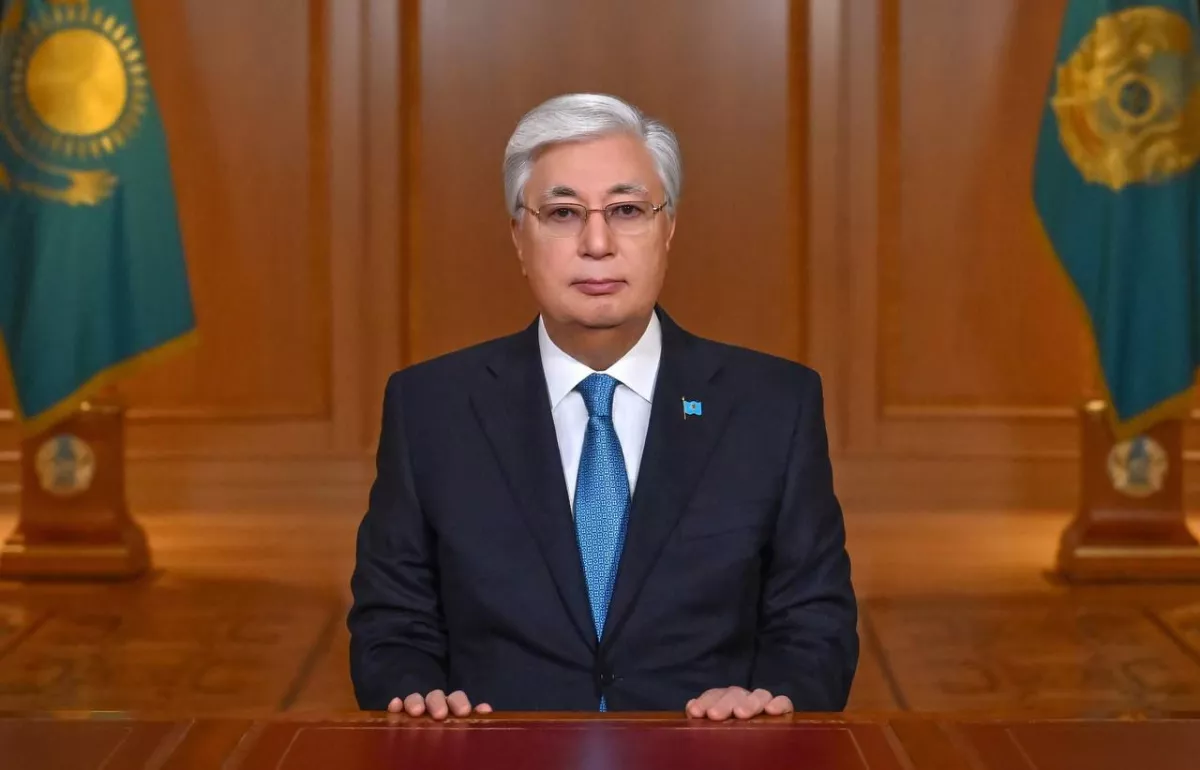
President Tokayev described the current global situation as a historic turning point and emphasised the need to strengthen multilateralism. He assigned a special role in this process to so-called middle powers, including Kazakhstan, highlighting their growing importance in ensuring international security.
Azerbaijan, for its part, is also perceived as a middle power actively engaged in addressing global challenges. In his foreign policy discourse, President Ilham Aliyev stresses the need to overcome the crisis of multilateralism through the development of partnerships and dialogue between states and international institutions.
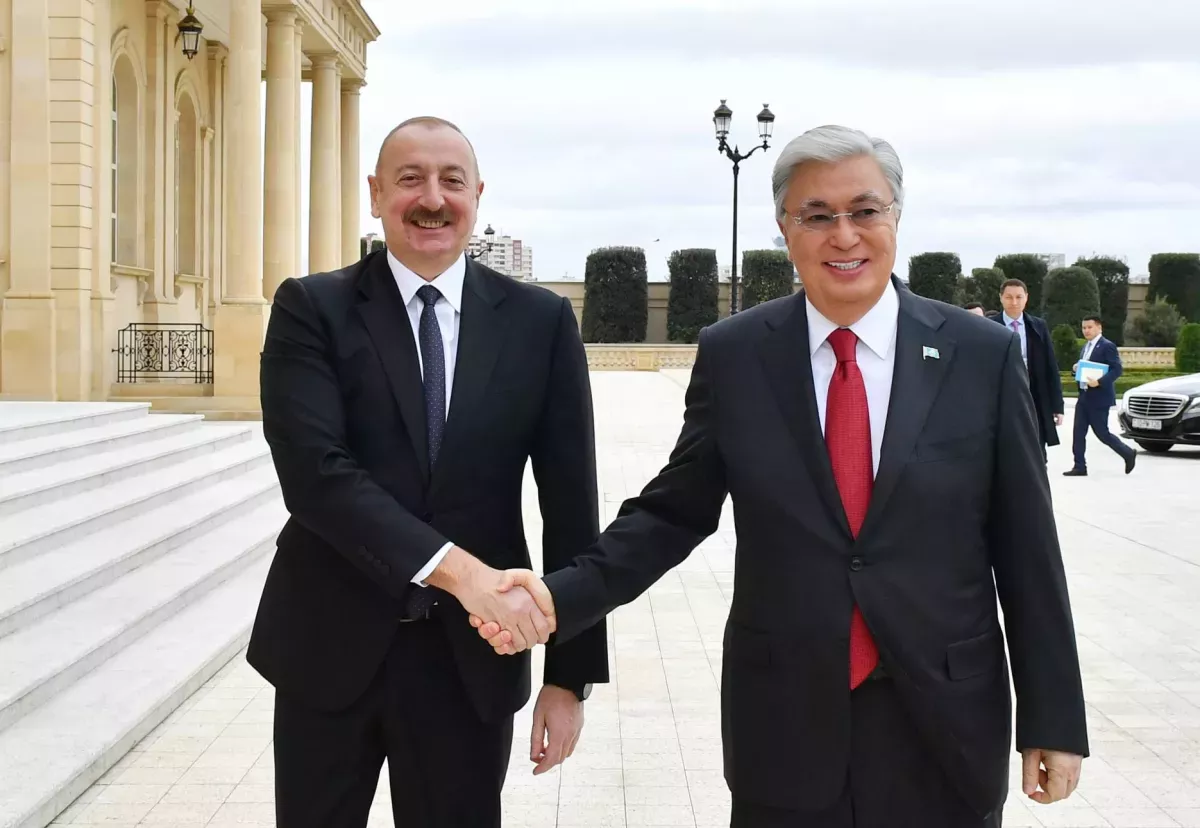
President Tokayev’s statements in the energy sphere are also of considerable significance. While reaffirming Kazakhstan’s strategic partnership with Moscow on oil transportation, he simultaneously highlighted the country’s readiness to utilise alternative routes—including the Baku–Ceyhan pipeline and the Middle Corridor. The latter was identified as a key instrument in transforming the Turkic region into a transit hub between East and West.
Tokayev placed particular emphasis on the Trans-Caspian route, linking it to China’s “Belt and Road Initiative.” Kazakhstan intends to pursue a multi-vector and balanced foreign policy, guided by its national interests.
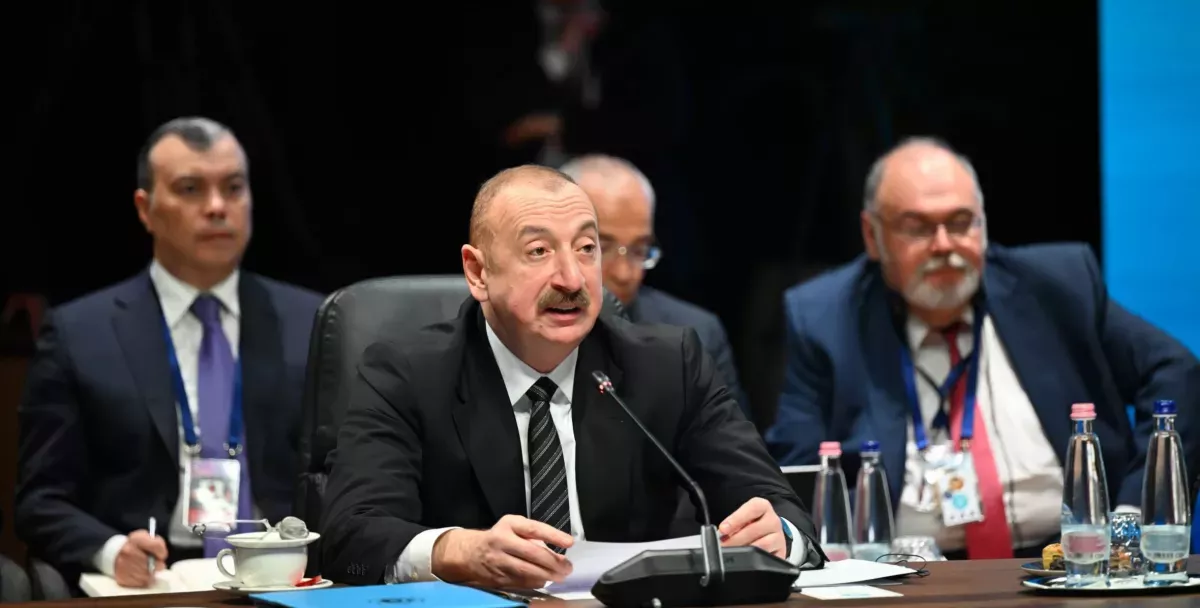
A similar approach is demonstrated by Azerbaijan. President Ilham Aliyev has repeatedly emphasised that the protection of national interests is the cornerstone of the country’s foreign policy. At the informal OTS summit in Budapest, in particular, he drew attention to the project of creating a unified digital platform to streamline trade and transportation through Caspian ports—as part of the broader development of the Middle Corridor.
President Tokayev’s remark that Kazakhstan has no plans to join BRICS also sparked discussion. According to him, observer status is sufficient, given the bloc’s lack of institutional foundations—such as a charter, secretariat, or formal programmes.
At the same time, the President of Kazakhstan stressed the need to reform the United Nations, pointing to a crisis of trust in the Security Council. He proposed expanding its permanent membership to include Germany, Japan, as well as representatives from Asia and Africa.
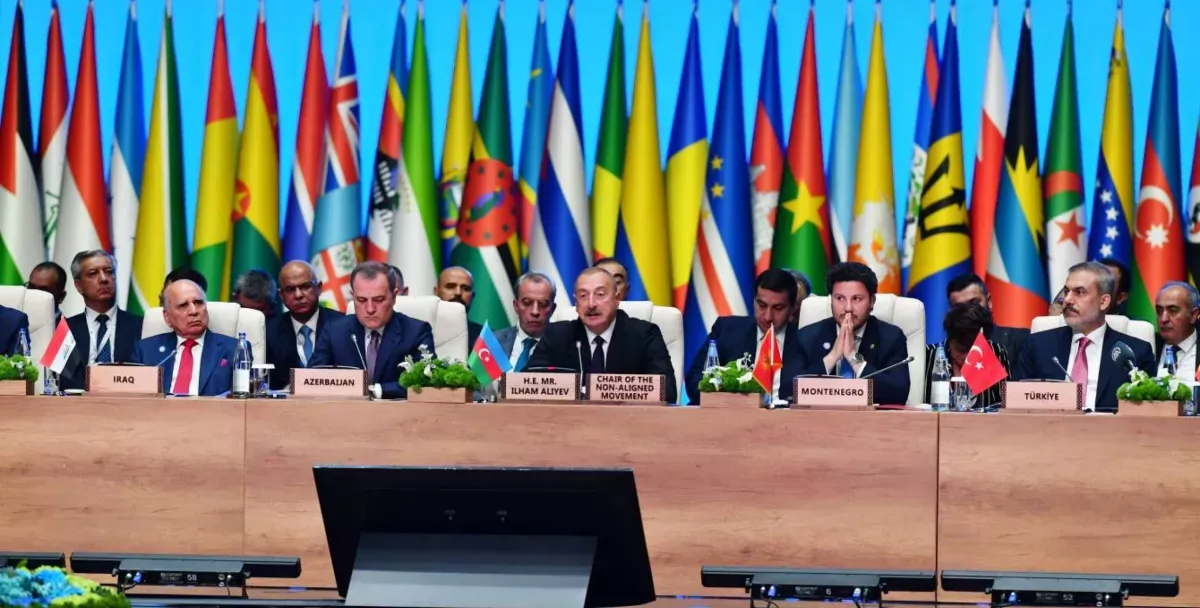
This aligns closely with Azerbaijan’s position: as early as 2023, President Ilham Aliyev proposed granting seats on the UN Security Council to the presiding countries of the Non-Aligned Movement, the Organisation of Islamic Cooperation, and the African Union—on a rotational basis and with veto power.
President Tokayev also underscored the importance of digitalisation, artificial intelligence, education, and enlightenment as key drivers shaping the future. These priorities resonate strongly with Azerbaijan’s agenda. At a recent trilateral summit in Lachin (Azerbaijan–Türkiye–Pakistan), President Aliyev highlighted the significance of developing digital and space technologies, including AI.
Particular attention should also be given to the theme of strengthening unity among the member states of the Organisation of Turkic States. Tokayev called on Turkic countries to jointly implement large-scale infrastructure projects, including the development of the North–South Corridor, which would enhance the region’s role as a key transit hub. He also expressed gratitude to President Aliyev for supporting Kazakhstan’s efforts to boost oil exports to Europe.
Defence cooperation between the two countries is also noteworthy. Under the action plan signed between their defence ministries, 2025 will see joint naval exercises—Caspian Breeze—held in Aktau, as well as the Tarlan-2025 UAV drills in Baku.
Regarding criticism over the state of civil liberties, President Tokayev rejected such claims, pointing to the political bias of certain international organisations. He stated that Astana cannot blindly follow their recommendations, as it must first and foremost act in accordance with its own national strategy.
This stance echoes Azerbaijan’s position. President Aliyev has similarly emphasised the inadmissibility of interference in the country’s internal affairs—particularly in the context of the Prosecutor General’s investigation into USAID’s activities, with the agency accused of attempting to destabilise Azerbaijan.
In conclusion, President Tokayev highlighted the pivotal role of youth in strengthening the country’s independence, stressing the importance of education, patriotism, and commitment to national values. This reflects a shared ideological stance with Azerbaijan: President Aliyev likewise underscores the need to raise the younger generation in the spirit of love for the homeland, viewing it as the cornerstone of a confident and secure future.
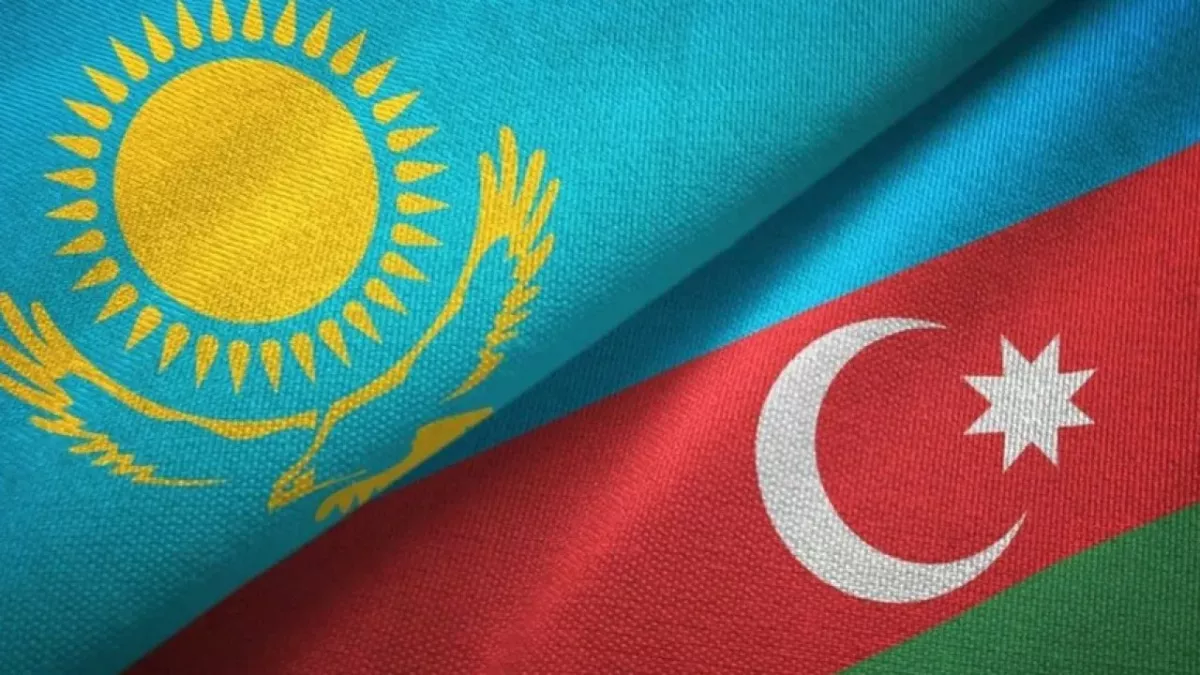
The positions of Kazakhstan and Azerbaijan on key international issues are closely aligned. As President Tokayev noted in his Independence Day congratulatory message to Ilham Aliyev, the strategic partnership between the two countries is evolving in the spirit of genuine alliance. Through joint efforts, he stated, “we will build upon our achievements and elevate our multifaceted interstate cooperation to new heights.”








